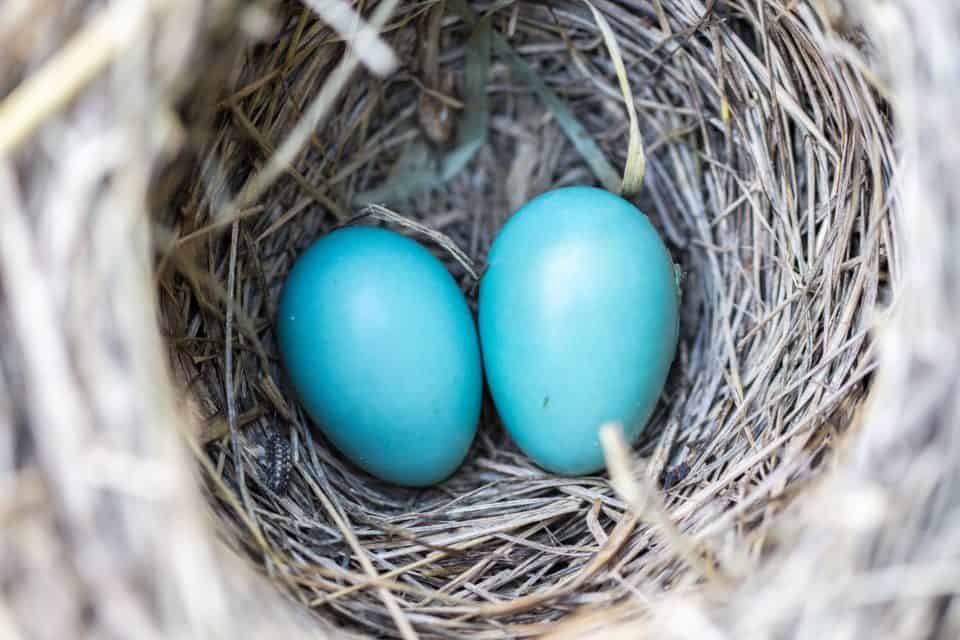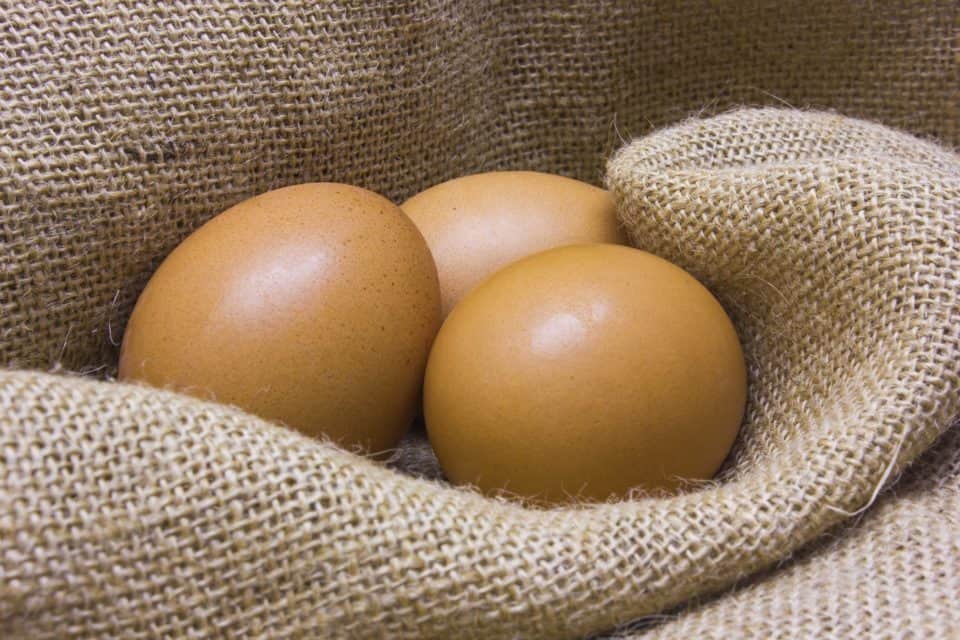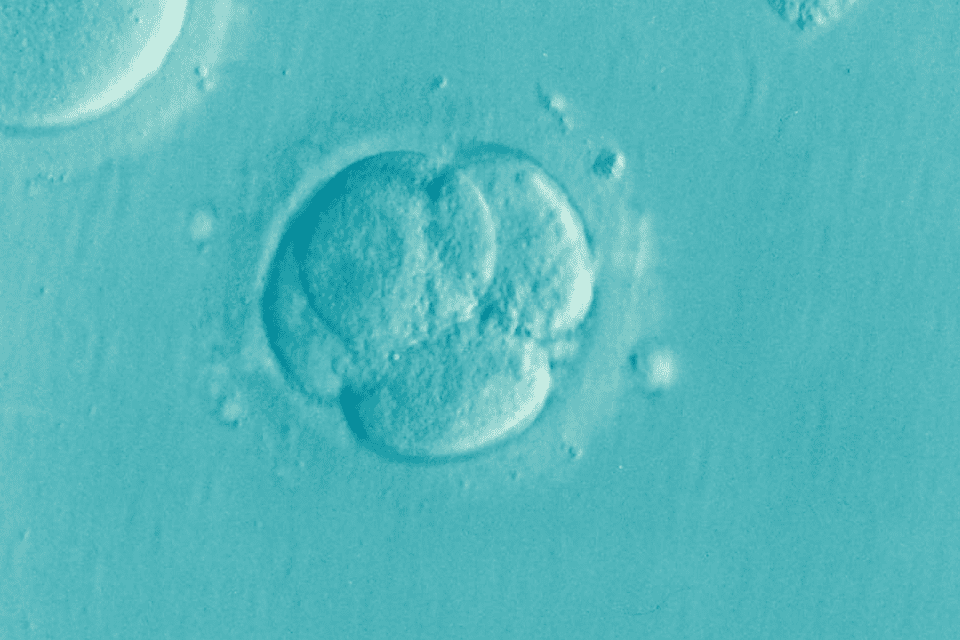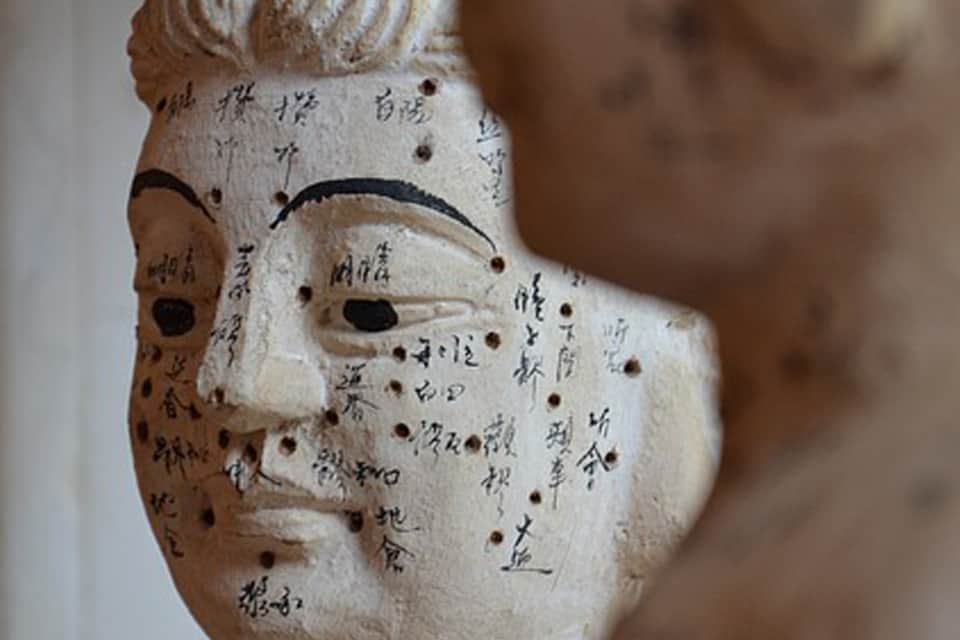In honor of PCOS awareness month, we want to shed light on the condition and help you understand how it may affect your fertility and how Chinese medicine can help.
Polycystic Ovary Syndrome (PCOS), also known as Stein-Leventhal syndrome, is an endocrine disorder that affects 5-10% of reproductive aged women, but millions of women remain undiagnosed. PCOS is the most common hormonal disorder among women of reproductive age. While the causes are unknown, insulin resistance, obesity and diabetes are all strongly correlated with PCOS.
The most common symptoms associated with PCOS are:
- Oligomenorrhea (irregular menstruation), amenorrhea (no menstruation)
- Trouble falling pregnant or holding a pregnancy
- Hirsutism (excessive facial and body hair)
- Acne
- Thinning hair or male-patterned baldness
- Cystic ovaries (seen on ultrasound that resemble a string of pearls)
- Overweight
- Dark patches of skin (usually present on the neck, arms, breasts, and thighs)
- LH: FSH ratio 2:1 instead of 1:1
- Insulin resistance
The cystic ovaries associated with PCOS cause high levels of male hormones (androgens), which can cause anovulation or delayed ovulation. The excess androgens can cause poor egg quality and a less receptive uterine environment for implantation which can cause infertility or miscarriage. Women who suffer from PCOS also have a higher risk of developing hypertension, heart disease and diabetes.
Thin patients that do not have the common visible symptoms of excess hair and acne can be misdiagnosed by their healthcare provider as having unexplained infertility. We recommend additional testing to rule out PCOS as the cause of the unexplained infertility.
If you are trying to get pregnant and have PCOS, you can conceive naturally without fertility drugs or IVF.
The main goal when trying to improve fertility in women with PCOS is to induce ovulation. To induce ovulation, we use a combination of acupuncture, electro-acupuncture, moxibustion, herbal medicine, and lifestyle changes.
Our approach includes:
- Acupuncture: Treatment 2 or more times per week can increase blood flow to your reproductive organs and induce ovulation.
- Herbal Medicine: Custom herbal formulas can help regulate estrogen and progesterone levels and reduce insulin resistance and cysts.
- Nutritional Counseling: If you are overweight, losing just 5-10% of your body weight can help restore regular ovulation by helping correct the hormonal imbalances associated with PCOS. Balancing your blood sugar by reducing carbohydrates, sugar and dairy. See Eating to Eliminate Dampness.
- Conventional Hormonal Testing through Modern Fertility.
- Exercise: Regular exercise helps to boost your metabolism. We recommend 30 minutes per day of power walking or elliptical training.
- Stress Management: Yoga and meditation are recommended to help reduce stress. Excess stress can disrupt hormone secretion and implantation.
We recommend three months of treatment before trying to conceive in order to adjust hormone levels, regulate ovulation, and improve the quality of the follicles exposed to excess androgens, which can reduce the risk of miscarriage.











